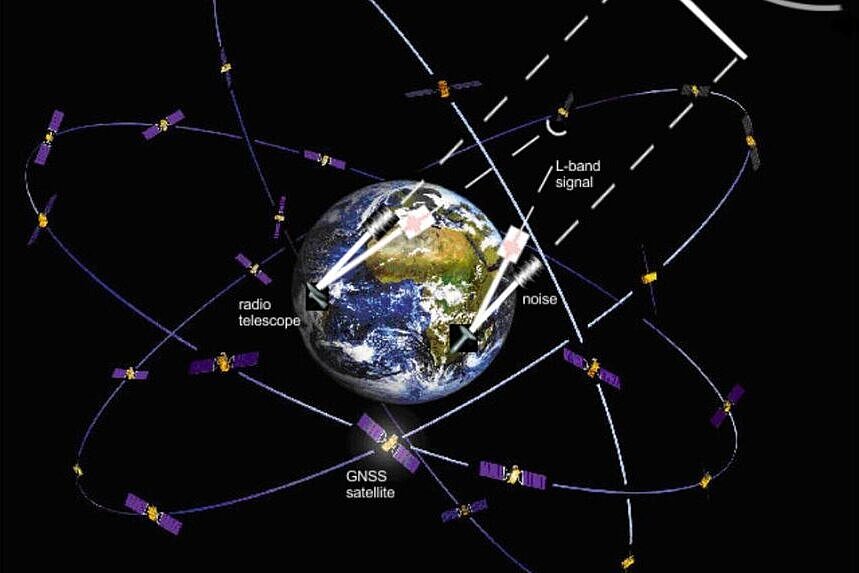Mackenzie Presbyterian University - CAPES PrInt
PRESENTATION
Astronomical knowledge has always had an impact on society, in both cultural and economic terms. In the 21st century, however, humanity became highly dependent on space technology in every form. Like never before in the history of mankind, the Earth must be understood from the vantage point of space. For example, the global positioning system (GPS) uses space geodesy, a technique based on radioastronomical observation of quasars, to generate its own referential. The same observations enable geophysical studies.
Space climate also aims to predict atmospheric changes caused by solar activity, which may have an impact on the technological infrastructure both on ground and in space. Space climate is an application of several domains of research: solar physics, which studies solar explosions and coronal mass ejections; and the physics of sun-earth relationships, which analyses how solar emissions interact with the geomagnetic field; finally, the study of other stars’ activity and magnetic fields is also crucial.
MPU has been a Brazilian pioneer in research in the areas of radioastronomy, solar physics and the physics of sun-earth relationships ever since the 1960s, when it created the Mackenzie Radioastronomy and Astrophysics Center (CRAAM). The construction of new instruments and the development of sensors underexplored bands of the electromagnetic spectrum, in partnership with the Graduate Materials Engineering and Nanotechnology Program and the Post-Graduate Electric Engineering and Computing (EEC) Program will be one of this internationalization program’s objectives. In addition, and together with EEC, we will address issues associated with Artificial Intelligence and Big Data.
![Universidade Presbiteriana Mackenzie [Universidade Presbiteriana Mackenzie]](fileadmin/CONFIGURACOES/DEFAULT_21/Resources/Public/Template/img/logo/universidade_mack_v2.svg)
